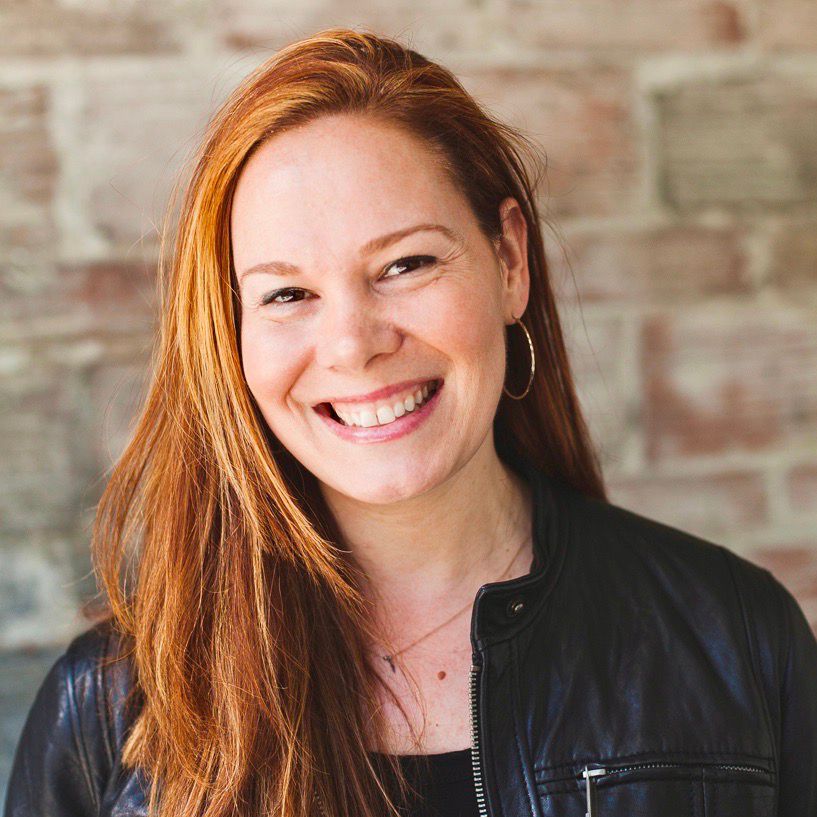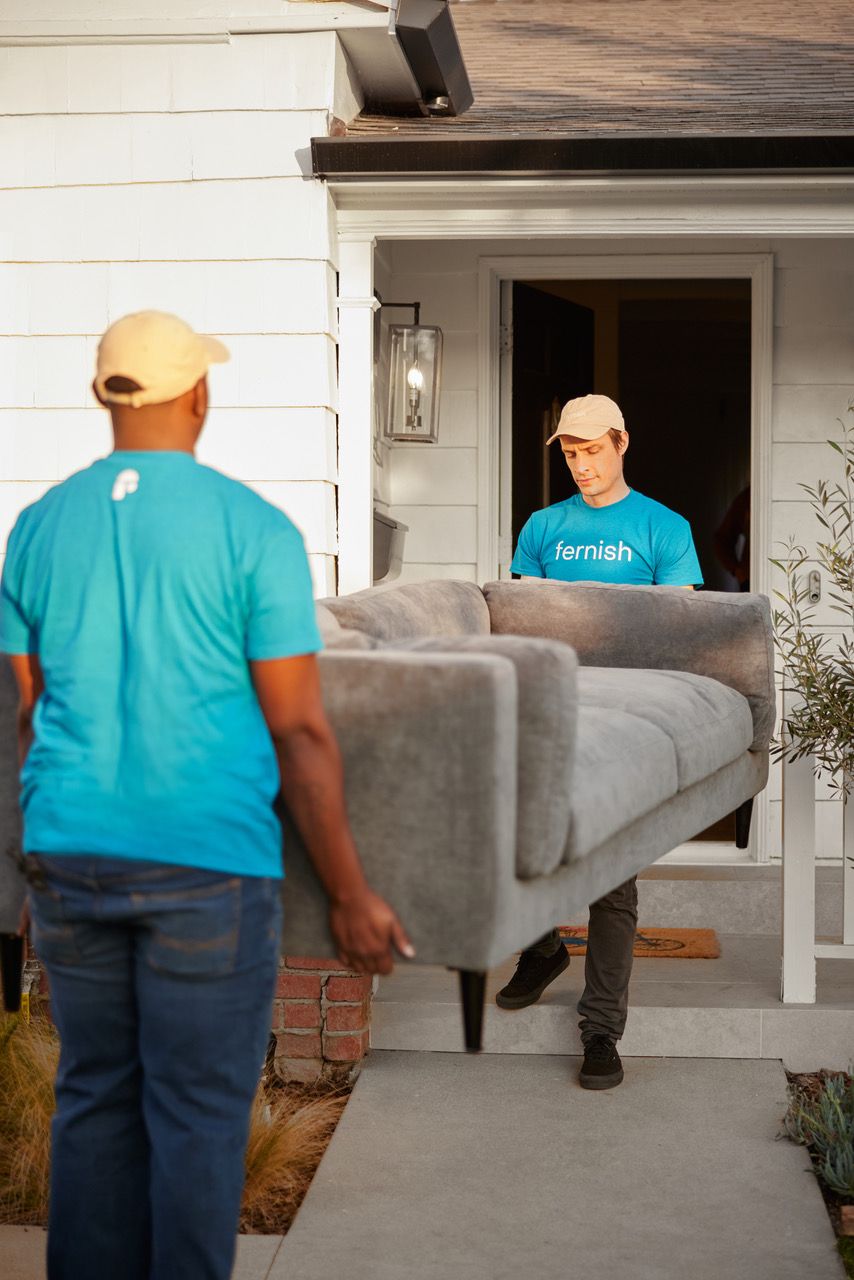GARDENA, Calif. — The coronavirus pandemic created a lot of mobility among working professionals, which was good for a Los Angeles-based furniture rental startup.
Last month, Fernish, a furniture rental company, expanded its services to the East Coast, launching in New York and Washington D.C.
The move comes after the company raised $30 million in equity and debt last year, fueled by high demand from many professionals moving to take advantage of their company's work-from-home policy.
The growth of Fernish, which operates in Los Angeles and Seattle, highlights the growing subscription and rental economy, where people rent rather than own.
The movement picked up steam before the pandemic and accelerated during it.

Rent the Runway chief executive officer Jennifer Hyman told the New York Times that active subscriptions to the high-end clothing rental company increased by 92% last year, just as pandemic-related restrictions lifted.
Other companies have joined in, creating subscription and rental-based models. Many see the circular business model — renting out an item, receiving it back, cleaning it, and then renting it again — promoting sustainability and meeting demand. Gen Z, ages 9-24, and millennials drive the market.
“Rental and secondhand luxury markets promote circular business models and improved environmental practices,” said Matteo Capellini, a Milan-based associate partner at Bain in Vogue Business. “The relevance of these markets over the last year has increased exponentially. We predicted that brands would start realizing that both secondhand and rental could represent additional revenue channels and will eventually in-source them to own the narrative alongside their consumers.”
Consumers’ expectations are changing, many of whom now value “access and outcomes over ownership,” said author Vala Afshar for ZDNet.
“We want the freedom to access services and use them anytime, anywhere,” Afshar wrote in 2019. “We want the latest technology or product model available at our fingertips at all times. We demand choice in how we pay, flexibility to pause and resume services, and the ability to tailor them to meet our specific needs. And thanks to the subscription economy, all of this is now easily possible.”
The way we live has changed, especially during the pandemic, a Fernish spokeswoman said.
Why own and pay for a car when rideshare is easily accessible for transportation? Why pay $1,000 for a dress to only wear it once or twice? Why buy expensive jewelry or even $300 sneakers when you can get access to 200 high-end sneakers of different styles for a monthly payment? And why deal with the hassle of buying furniture and decorating a home when you can work remotely anywhere in the world?
“I think people will continue to own things — but just not everything and not all of the time,” said Kristin Smith, president and chief operating officer at Fernish, in an interview with Spectrum News. “They will invest in ownership when there is a higher emotional value or when the burden of managing the ‘stuff’ is low.”
Fernish launched in Los Angeles in 2017. The company’s main consumer base is young professionals looking to rent out stylish furniture at an affordable monthly price. The company, which has partnerships with Crate & Barrel and CB2 Furniture, offers various lease terms and rent-to-own options.
After a brief lull at the onset of the pandemic, Smith said the pandemic created high demand for their products, especially among working professionals.
Fernish’s average customers are professionals in the early to mid-parts of their careers, said Smith.
“They generally live in urban environments, and their lives are evolving quickly,” she said. “These customers are renting seven items on average — usually a sofa or a bed and mattress, and then the items that fill out the gaps in their homes — dining areas, rugs, nightstands, etc. Most customers are renting for 12 months, and the vast majority will renew again for 12 months and then buy out one or more of their items that they particularly fell in love with.”

With the cost of apartments rising and single-family housing out of reach for many due to the high price; for some, it makes sense to live a transitory home lifestyle.
Smith said that having the ability to rent furniture and eliminate the pain points that go with the process is changing the game.
"The pandemic not only gave us more time in our homes that we spent doing a lot of new things in those spaces, it also allowed for us to live more flexibly, moving more often and being more spontaneous," she said. "Fernish not only supports this, but enables this level of freedom."



